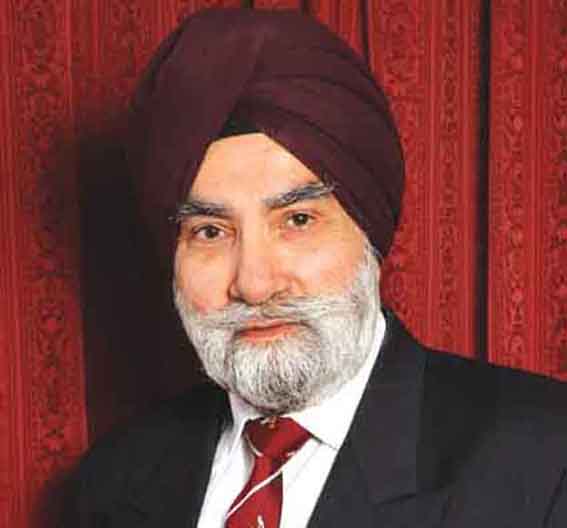Emerging Global Alliances in the Wake of Ukraine War

Like a Black Hole in space, the war in Ukraine is sucking in and dividing the world into large blocks. Such is the apprehension about the global threat that, as a Panjab Times translation last week of an article by Thomas L. Friedman, Year Two of the Ukraine War Is Going to Get Scary, shows, the war and its terrible global consequences are beginning to attract the attention of community media. It is no longer possible ignore the much bigger global situation.
The general trend of not only authoritarian regimes like Russia and China but also some others is that national pride is taking priority over global economic and political security and stability gains since World War II. Robert Kagan of Brookings Institution is quoted as saying: Putin has been willing to make Russia less secure to fulfil traditional Russian great power ambitions which have more to do with honor and identity than with security. The same seems to be true of China regarding Taiwan.
In his bid to return Russia to its old glory and geo-political influence, President Putin is prepared to risk everything including the massive global and Russian economic and security gains since World War II. He is daring America and other NATO countries representing free trade liberal democracies to do the same if they wish to continue supporting Ukraine. Direct involvement of NATO forces can risk nuclear retaliation, even if with tactical weapons. Perhaps Russia has not used such weapons because Ukraine is next door and nuclear radiation does not observe national borders! So far, Russia and NATO have managed to avoiding direct confrontation.
However, a more likely and less drastic scenario is a prolonged conflict with interim pauses. According one prediction, the result would be a protracted struggle that gradually lessens in intensity as the Russians run short on ammunition and resupply to Ukraine eases&hellip.. So a more likely end point here is not a negotiated peace, but rather a conflict that consolidates around lines of control. The world is now used to these lines of control!
While India and some other countries sit on the neutral fence, the world is watching with much apprehension the possibility of China fuelling this conflict with supply of arms to Russia. With NATO behind Ukraine, that would prolong the war indefinitely.
One year after the start of the Russian invasion of Unkraine, President Putin seems to have the backing of the majority of the Russians. His recent speech to the Russian nation was uncompromising in tone. To them his version of the events leading up to the Russian defence against NATO expansion right up to the Russian border, makes sense. They refuse to admit that Russia invaded Ukraine. They would rather believe that Russia went to the aid of fellow Russians in the Donbas region who have been fighting own local war since 2014. In one sense, the situation can be equated to the disputed part of Muslim Kashmir which triggered Indo-Pak wars.
In the meantime, such is the state of global human affairs that the United Nations, rather disunited along liberal/democratic versus authoritarian fault-lines, can only watch on helplessly as an observer. There is no end to the war in sight as military alliances become clearer and ever more threatening to the future security of the world.
Gurmukh Singh OBE
Principal Civil Servant Retd